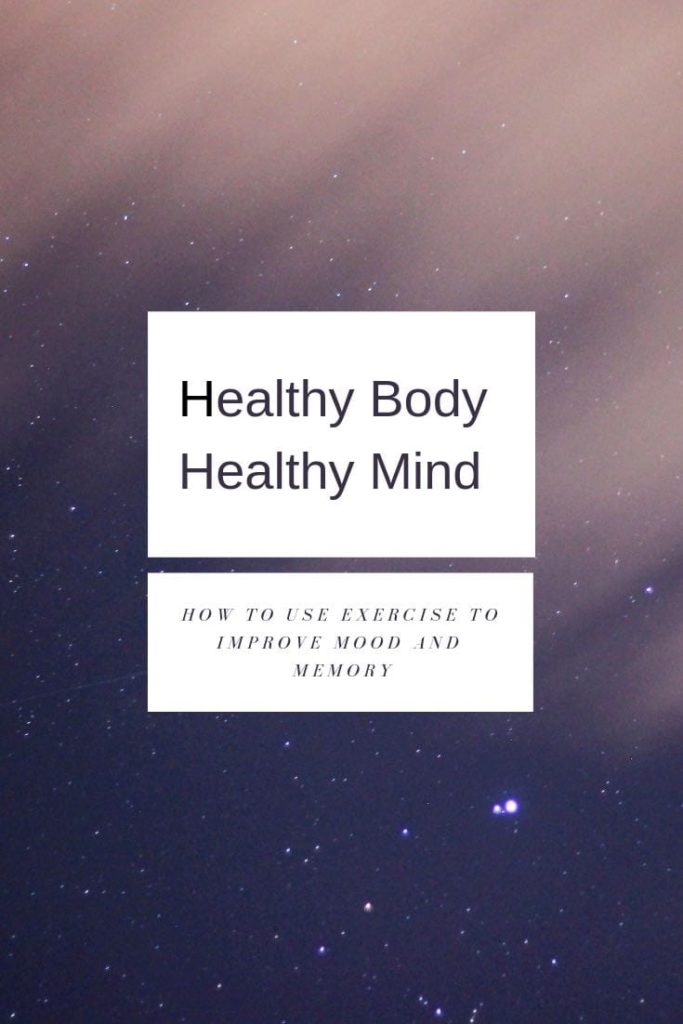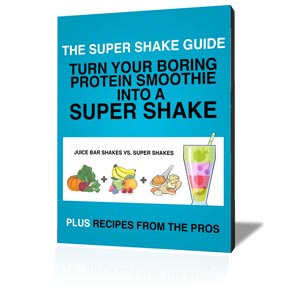Think about a day when you have been your most productive. Your thinking was clear and your energy was flowing. It was probably a day that started with a good night’s sleep and a decent breakfast. Maybe you walked the dog before you left for the office or got a great workout at the gym the night before. These events aren’t just coincidence; the connection between a healthy body and a healthy mind is very real.
Your mental health is a direct product of how you move and nourish your body. Let’s look at the evidence that explains the connection between a healthy body and a healthy mind.
Your brain requires a constant supply of fuel. Pound for pound, your brain burns more calories than any other part of the body. Unlike your muscles, it also can’t store the fuel it needs. That means to sound sharp at the morning staff meeting and navigate new math homework your brain needs a steady supply of quality carbs. Not an oversized bagel for breakfast and pasta for lunch, but a diet rich in colorful vegetables and fruits alongside fiber-full foods like sprouted grain bread and beans. Not only will these foods keep you alert and productive, but they may also help you boost levels of the feel-good hormone, serotonin.
Exercise should make you feel energized, not exhausted. Exercise increases blood flow, meaning a morning workout might make you more alert than your first cup of a coffee. Moving more throughout the day will help beat afternoon slumps and getting away from your desk at lunch is the best thing you can do for your afternoon productivity. Add some NEAT to your day by standing at regular intervals and taking brief but regular walks around the office.
Learn more by moving first. Are you finding more and more holes in your memory these days? First, slow down. Then make sure you’re exercising on a regular basis and saving high cognitive function tasks for after your workout or at least a brisk walk. A study at the University of British Columbia found regular aerobic exercise made the hippocampus, the brain area involved in learning and memory, bigger. In the study, participants took hour-long walks twice a week. You can break those 120 minutes a week into daily chunks. You can also get your aerobic training in other ways like dancing, swimming, tennis or HIIT workouts.
From a case of the blues to diagnosed depression, exercise is a safe prescription to lift your mood. The research on the subject of mood and exercise is extensive. The most important thing you need to know is it is real. Whether it is the healing power of 10 minutes in nature, the group support of a Zumba class or the chemical boost of lifting heavy objects, exercise can be used to treat anything from a bad day to clinical depression. Start with a small dose of daily exercise and close your workout with a calming moment of meditation to add another layer of healing energy. But please do not try to self-diagnose. If you think you might be suffering from depression talk to a medical professional who can provide additional tools for you.
If you’re going to be well in 2019, it starts with acknowledging how vital your mental health is and making sure the steps you are taking for your physical health aren’t standing in the way of a healthy mind. As you decide to undertake a journey towards a healthier and happier life, consider the three parts of the Middle Ground Manifesto.
- There is a Middle Ground. If you haven’t set foot in a gym since last January or haven’t run since summer start slow. Do NOT try to go from the couch to a 5k in a few days.
- There is enough to go around. You are enough as you are right now. You have to start this process out of a place of love.
- There is a time and a place for everything. Recovery and sleep have a place in your program too. Do not punish yourself for anything with exercise or excessive food restriction. Disordered eating is a slippery slope that can start with dogmatic food rules.
Being well starts with building the connection between a healthy body and a healthy mind. Health and safety are the foundation for all the other elements of wellness. If you take care of yourself, it will be so much easier to take care of others and build connections. Next week we’ll talk about your search for meaning and connection. To make sure you don’t miss this any part of this conversation, sign up to receive my weekly emails here.




